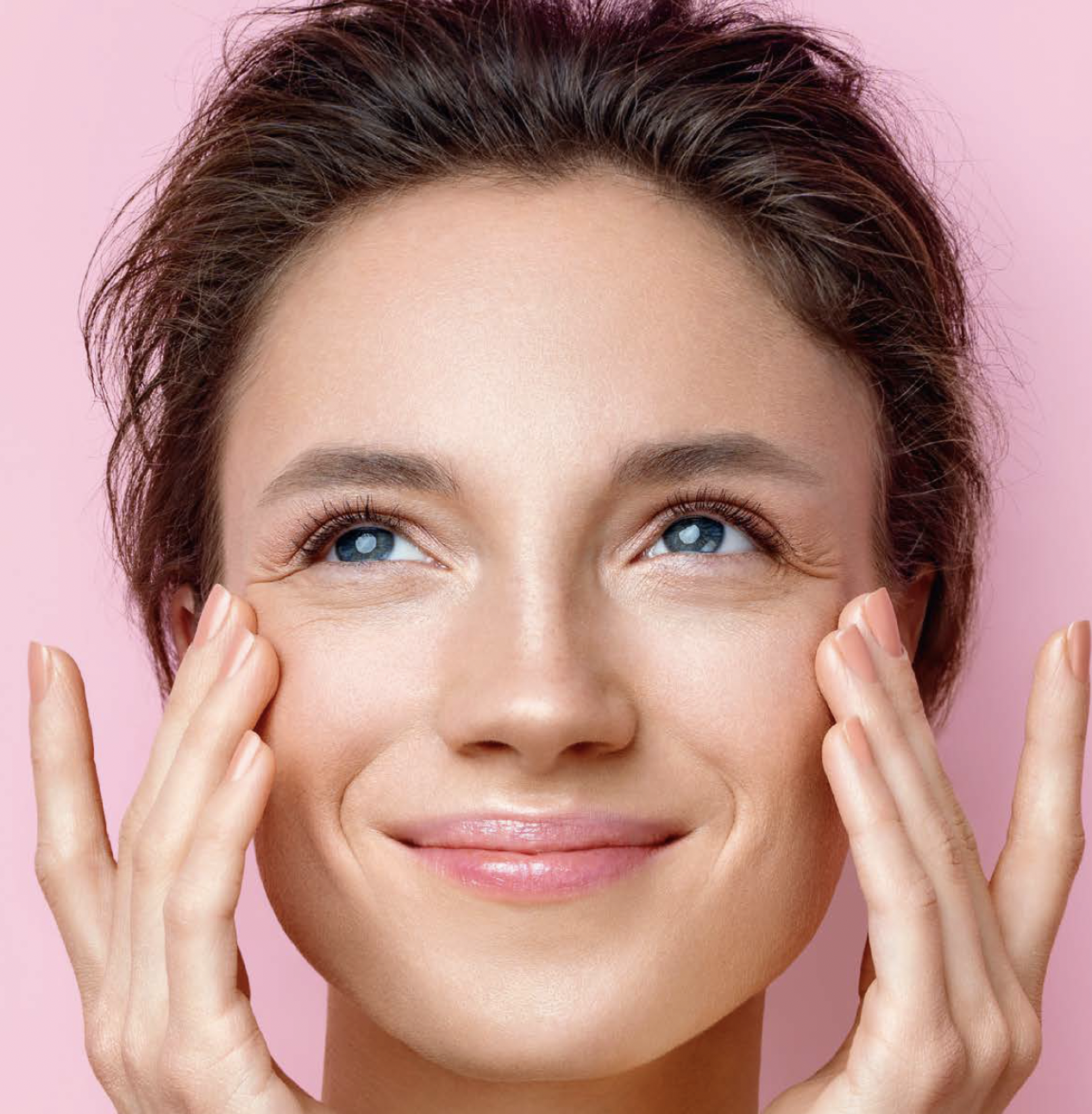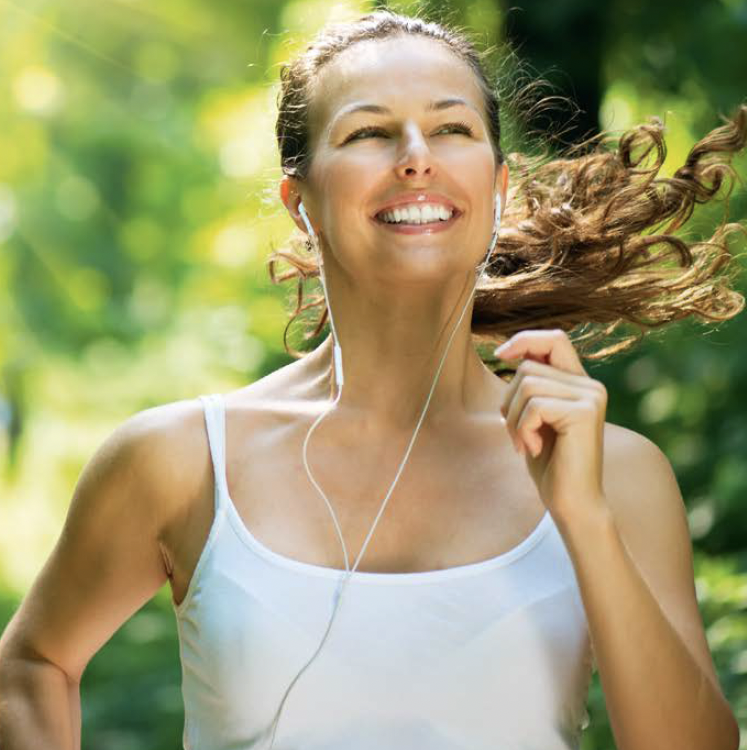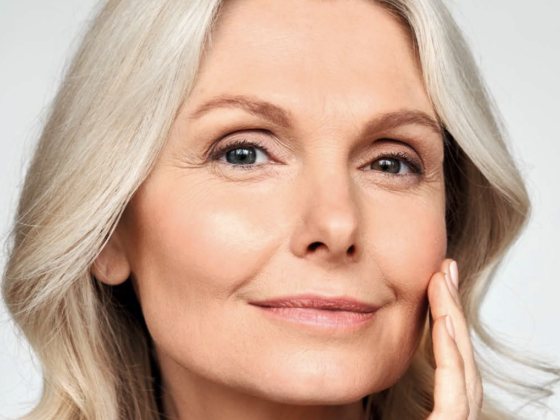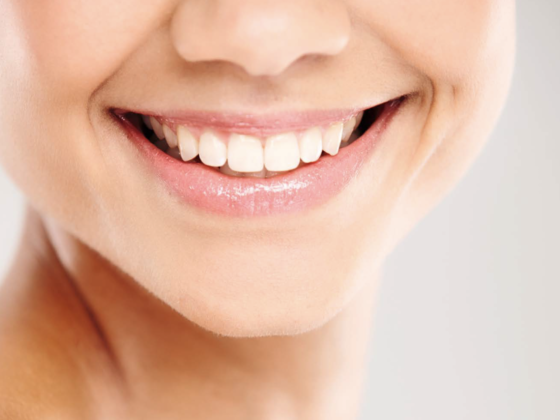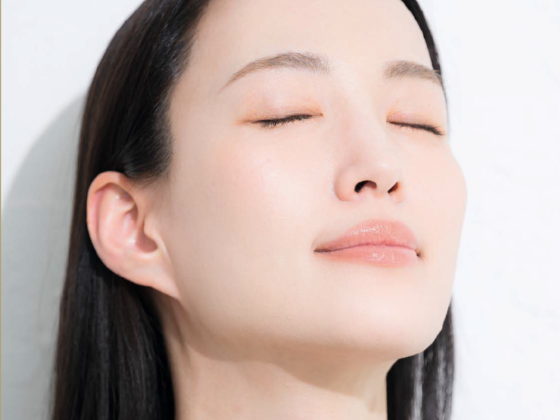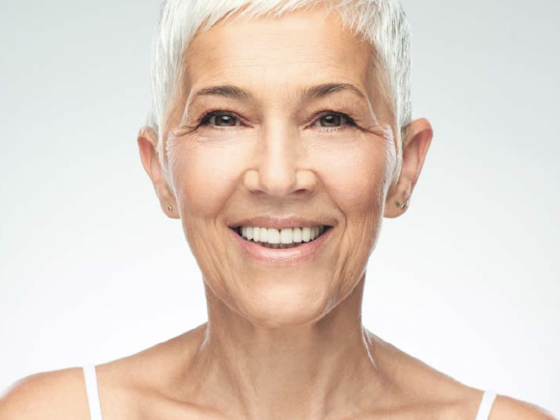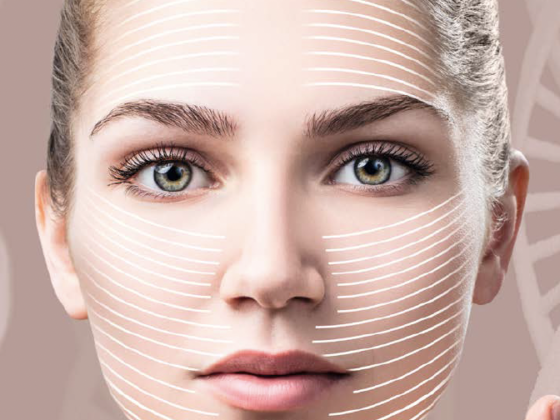Dr Isabelle Meurgey and Dr Alain Butnaru
As we head into autumn, morale tends to dip with the thought of the long winter months ahead.
80% of the information we take in on a daily basis comes through our eyes. Though light is useful to humans for vision, it is also vital for wellbeing and health as we are all regulated by circadian rhythms, which are biological cycles influenced by light and dark. When the natural light is low, we bathe in artifi cial light, whose incomplete spectrum tricks the photoreceptors in our retinas and puts us in a state of permanent jet lag!
 The modifications that result from this decreased luminosity affect the body in various ways:
The modifications that result from this decreased luminosity affect the body in various ways:
- They affect two neurotransmitters: serotonin and melatonin. A lack of sunlight reduces serotonin levels which leads to seasonal affective disorder, whose symptoms are fatigue, sadness, a lack of enthusiasm and increased appetite. This feeling of fatigue and sleepiness is even greater when melatonin – which is secreted as night falls – is secreted earlier in the day.
- A reduction in light has a profound influence on the tissues’ sensitivity to insulin, which leads to fat being stored and therefore weight gain, which can result in quite a shock at the end of the winter!
- It also infl uences the markers of cardiac function, such as blood pressure and heart rate.
- It affects cognitive function, leading to lapses in concentration and reduced alertness.
It goes without saying that we do not all have the same sensitivity to light, but there are some simple ways to remedy it and have a more serene winter. The solutions primarily lie in our lifestyle. In autumn and winter, try to spend as much time as possible outdoors. If you go outdoors on your lunch break, even a cloudy day will provide enough sunlight to reset your serotonin secretions for the day and melatonin secretions at night. Buy a light therapy device that delivers a sufficient quantity of natural light, and expose your face to the light for 15 to 30 minutes in the morning, by placing the lamp on your breakfast table, for example. In Nordic countries, where people are exposed to even less natural sunlight during the day and for a much longer period, everyone has a light therapy lamp in their home. Light therapy is effective for two thirds of all patients, with results being noticed after the fi rst week of treatment. However, though it is crucial to be out in the sunlight during the day, it is just as important not to expose yourself to light during the night. Turn off any screens, chargers or backlit alarm clocks when you go to bed, as these can affect melatonin production and sleep quality.
In addition to this advice, other habits might be useful to adopt:
- Do some physical, preferably in the morning and in natural sunlight.
- Follow an anti-inflammatory diet and take vitamin D, omega 3 and magnesium supplements.
- Manage stress by doing yoga, meditation or cardiac coherence.
- Go to bed and get up at a similar time every day.
- Expand your social life, stay in touch with friends.
- Do activities that give you pleasure and boost your wellbeing.
Do not wait for the bad weather blues to kick in before you act! Adopt these good habits now and the winter will fly by!
 Dr Isabelle Meurgey and Dr Alain Butnaru:
Dr Isabelle Meurgey and Dr Alain Butnaru:
Docteur Isabelle Meurgey: Doctor of anti-aging and cosmetic medicine. Graduate of the Rouen medical faculty. Has specialised in preventative and performance medicine since 1997. Permanent member of the French Society of Aesthetic Medicine. Diplomas in Micronutrition, Auriculotherapy, Hypnosis.
More informations: docteurisabellemeurgey.com
Doctor Alain Butnaru Graduate of the Paris Medical Faculty. Aesthetic and Anti-Aging Medicine since 1985. Permanent member of the French Society of Aesthetic Medicine. Degrees in Morphological and Anti-Aging Medicine, Micronutrition, Auriculotherapy and Hypnosis.
More informations: docteuralainbutnaru.com



